A vast, arid state on the edge of the Sahara desert, Niger has seen a series of coups and political instability in the decades following independence from France in 1960.
Today the country struggles with frequent droughts and poverty.
Continuing threats to Niger’s security stem from the fallout from the Libyan civil war, conflict in northern Mali, and several jihadist insurgencies in the region.
French and US forces are assisting Niger in countering these threats.
Niger is betting on increased oil exploration and gold mining to help modernise its economy.
REPUBLIC OF THE NIGER: FACTS
- Capital: Niamey
- Area: 1,267,000 sq km
- Population: 24.4 million
- Languages: French, Arabic, Buduma, Fulfulde, Gourmanché, Hausa, Kanuri, Zarma, Songhai, Tamasheq, Tassawaq, Teb
- Life expectancy: 60 years (men) 62 years (women)
LEADER
President: Mohamed Bazoum
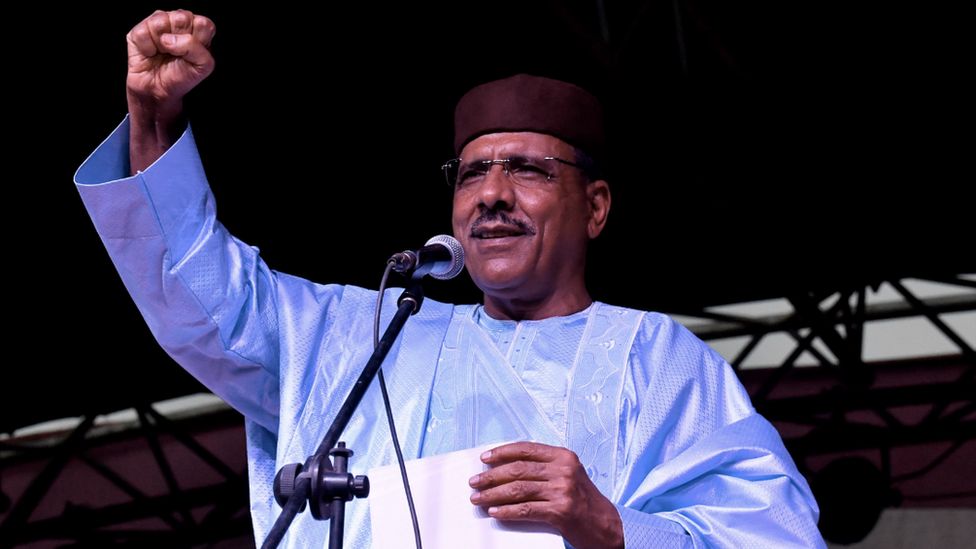
Former interior minister Mohamed Bazoum was sworn in as president in April 2021, in Niger’s first democratic transfer of power since independence in 1960.
His most immediate priority is the deadly jihadist insurgency causing chaos in parts of the country and across the broader Sahel region.
He has also made tackling corruption in the country a goal of his presidency.
MEDIA
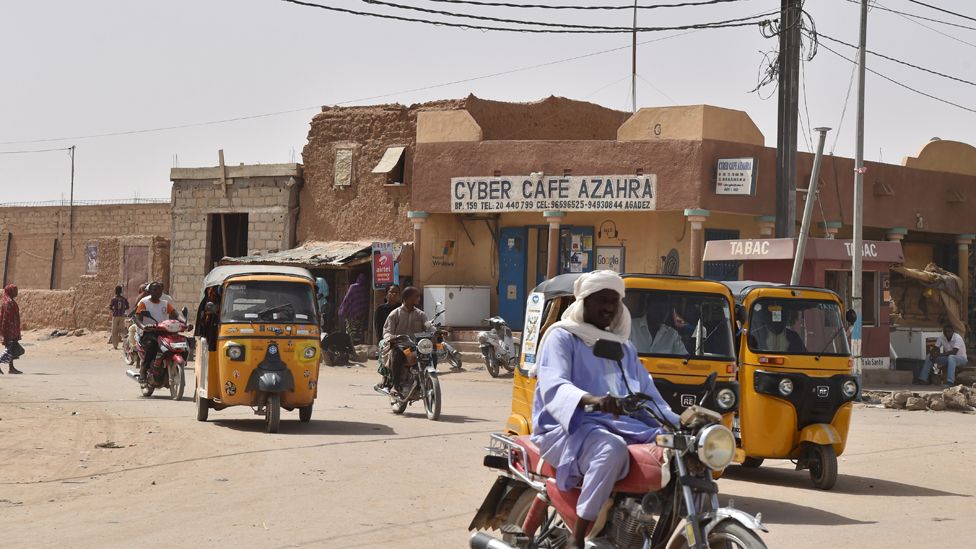
Niger’s underdeveloped media sector reflects the country’s poverty and low levels of literacy, which constrain media development and limit public access to some platforms and outlets.
The threat from jihadists is a further challenge to the media sector and those who work in it.
Radio is a key news source and local privately-owned stations operate alongside the national state broadcaster.
TIMELINE
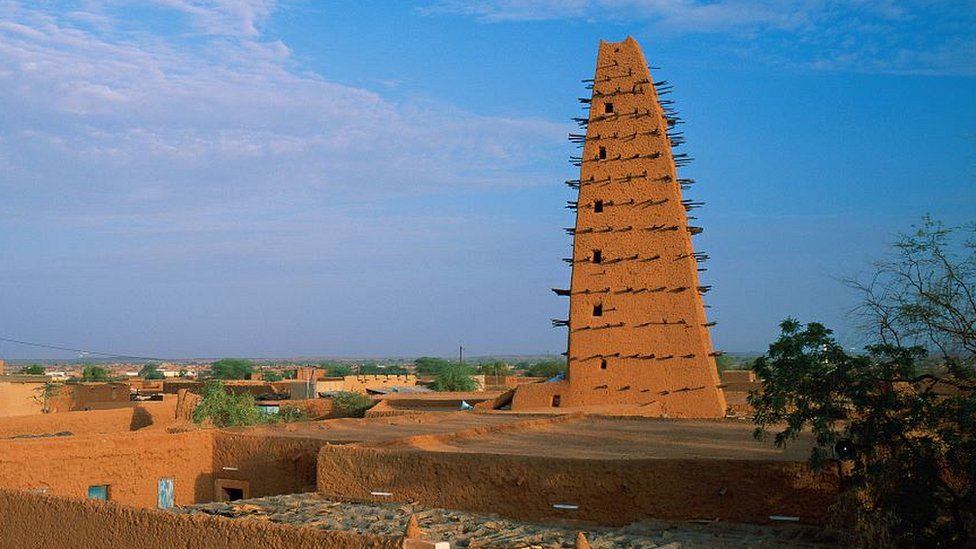
Some key events in Niger’s history:
5th Century BC – region becomes an area of trans-Saharan trade. Led by Tuareg tribes from the north.
c. 300AD-1200s – Much of the region is part of the Ghana Empire, one of several major West African empires controlling trans-Saharan trade in gold, salt, other precious commodities – and slaves.
c. 632-700s – Arab invasion of North Africa and subsequent spread of Islam.
c.1226-1670 – Mali Empire becomes dominant force in the upper Niger basin following the Battle of Krina in 1234.
c. 1464-1591 – as the Mali Empire loses some of its power, losing its dominance of the gold trade, the Songhai Empire gradually gains control over the eastern half of the Mali Empire.
1591 – The Battle of Tondibi. Songhai forces decisively defeated by the army of the Saadi dynasty in Morocco, who make Timbuktu their capital.
The fall of the Songhai Empire marks the end of the region’s role as a trading crossroads. Area splinters into smaller kingdoms including the Kanem-Bornu Empire around Lake Chad, the Sultanate of Aïr in the north, and Hausa kingdoms and others.
1890s – France begins to colonise the area.
1904 – Military Territory of Niger is created, including what are now the countries of Burkina Faso, Mali and Niger, with its capital at Niamey.
1922 – Niger becomes a colony within French West Africa.
1958 – Niger became an autonomous state within the French Community.
1960 – Niger becomes independent, as a one-party civilian regime. Economic difficulties, droughts, corruption and food shortages trigger a military coup.
1974-1991 – First military regime. In the 1980s, the army gradually loosens its control over political developments.
1991 – Multi party elections held. Civilian rule.
1990-95 – Tuareg rebellion for independence in northern Niger, triggered by regional famines.
1996-99 – Military intervene to take power again.
1999-2009 – Civilian rule restored.
2007-09 – Renewed Tuareg rebellion amongst elements of the Tuareg people living in the Sahara desert regions of northern Mali and Niger.
2010-2011 – Military carry our coup d’état in response to attempt by the president to extend his political term by modifying the constitution
2010 – A new constitution designed to restore civilian rule approved in referendum.
2011 – Civilian rule restored, and Mahamadou Issoufou becomes president.
Source: bbc







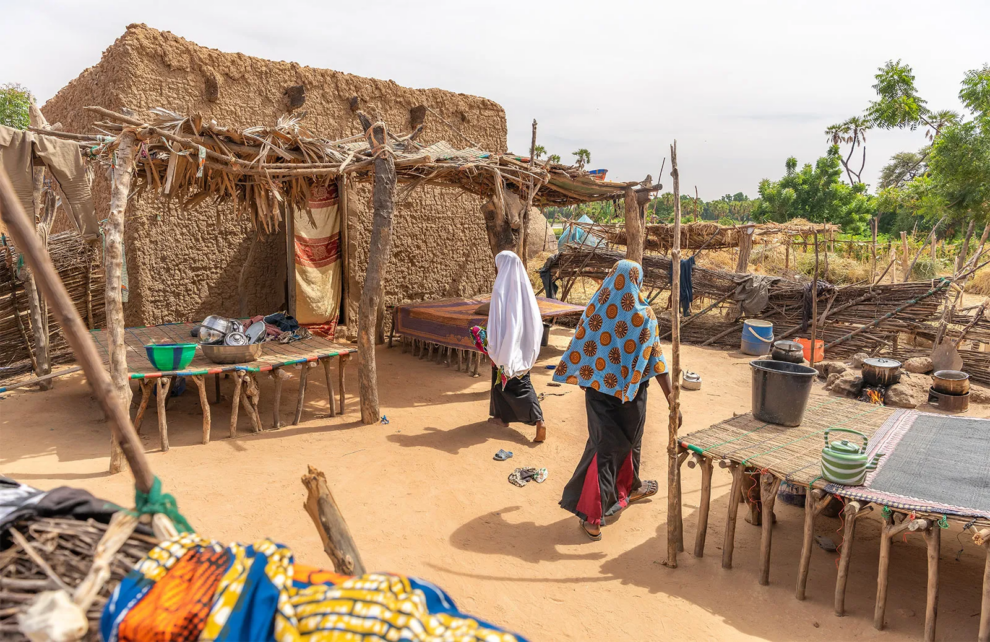

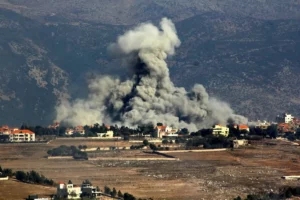







Add Comment